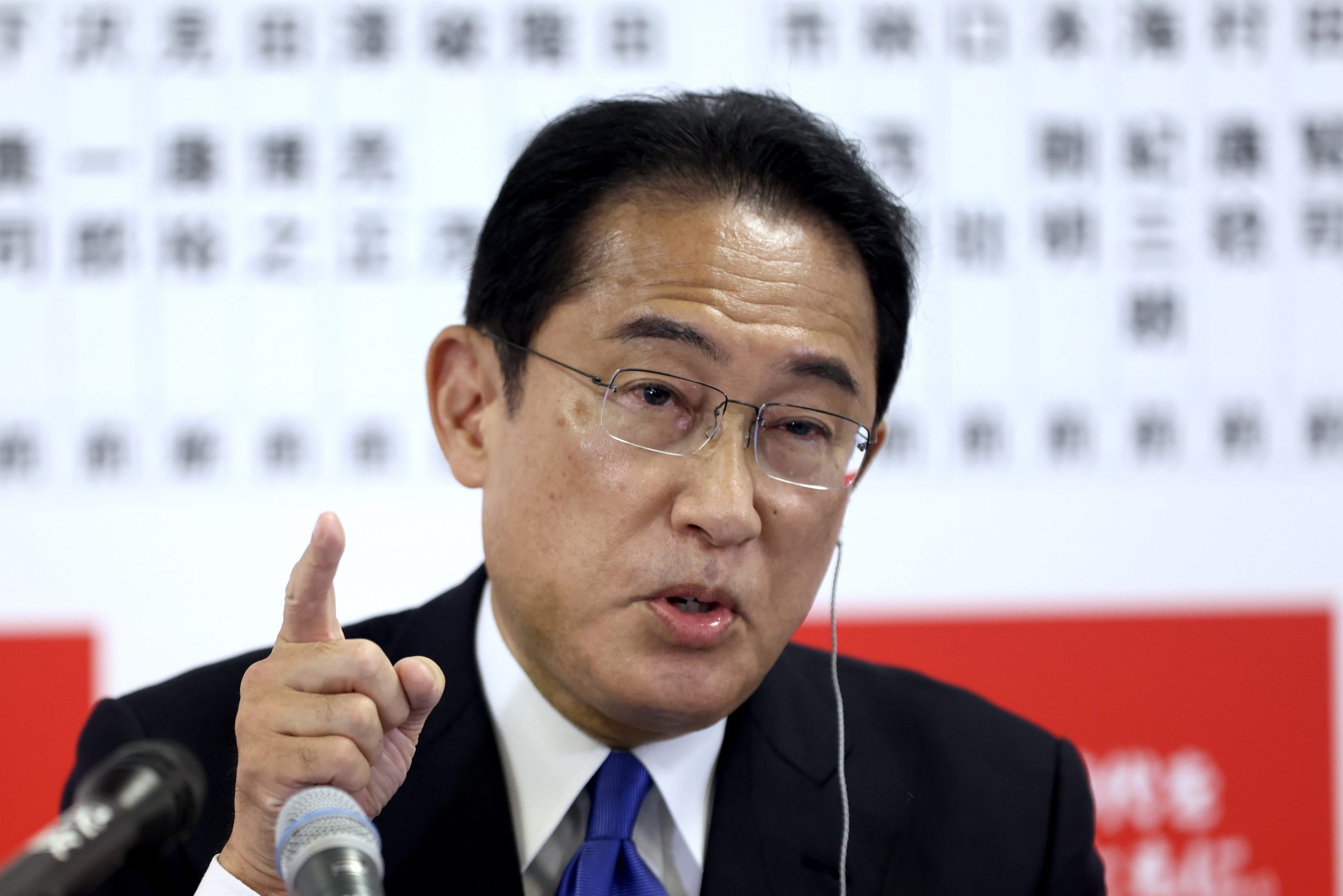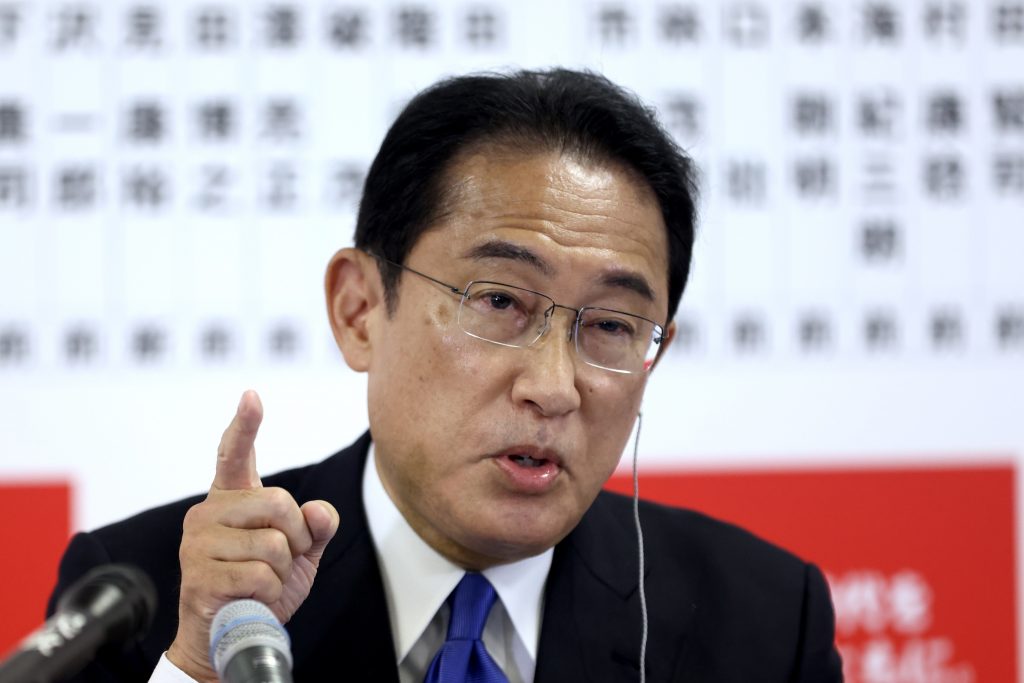
Behrouz Mehri, Pool/Getty Images
- Japanese PM Fumio Kishida wants his country to start adopting a new form of capitalism.
- His newly announced plan to tax profits on investments has riled businesses, who say it will scare off investors.
- When he was elected leader of the ruling party, the Nikkei 225 dropped eight consecutive days.
During Fumio Kishida's race for prime minister, he touted Japan's need for a new form of capitalism. He announced plans to tax profits on investments, part of his promised effort to distribute wealth more evenly in the country.
When he was elected leader of the powerful Liberal Democratic Ruling party – almost a guarantee he'd be the next prime minister – on September 29. Japan's stock index, the Nikkei 255, tumbled for eight days by 6.8%.
Some have called it the "Kishida shock," and critics said Kishida's tax plans will continue scaring away investors.
CEO Hiroshi Mikitani of e-commerce giant Rakuten tweeted his anger just after the market's decline, saying that companies already distribute tax-deducted profits to their investors, BBC first reported.
Taxing those profits on the receiving end is "double taxation," wrote Mikitani, who questioned whether Kishida understood capitalism at all.
Kishida, who was elected prime minister after his party won an easy victory on Monday, has since backpedaled on his "new capitalism" tax, saying he would hold off until Japan's economy beefs up, The Japan Times reported.
The idea was to "raise the income overall for a broad variety of people as a whole," and the tax plan is just one option to do so, said Kishida.
His stance is a stark shift from Japan's previous two leaders, Shinzo Abe and Yoshihide Suga. They emphasized growth with cheap credit from banks and government spending. Kishida said he aims to curb what he sees as widening inequality between the rich and the rest.
Despite the Nikkei tripling in value in the last 10 years, Japan's average wages remain among the lowest of the G7 nations, at $38,500 a year compared to $69,400 in the US, according to data from OECD.
But analysts aren't convinced by Kishida, saying he still hasn't detailed any of his policies in full. After the backlash of his tax plan, the prime minister said he would slash corporate taxes to promote growth, The Associated Press reported.
"Maybe Kishida himself isn't sure what he plans to do," Hideo Kumano, chief executive economist at Dai-Ichi Life Research Institute, told The AP.
"All we have are slogans. It's unclear how much you can really believe them and how they can be realized," he said.
